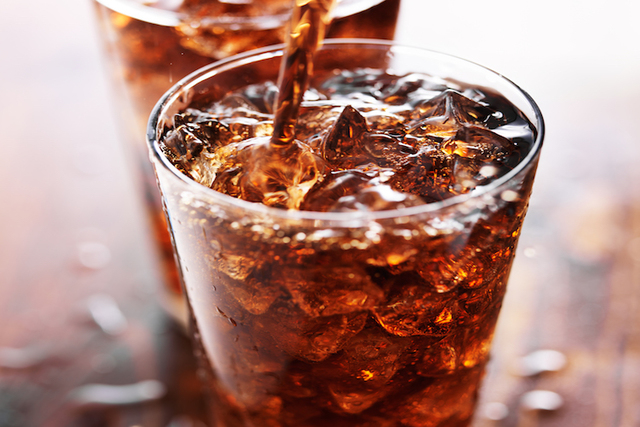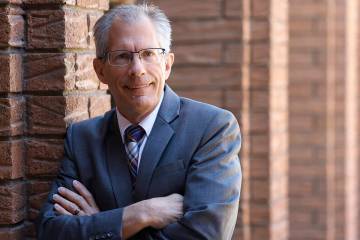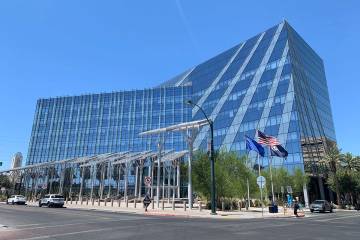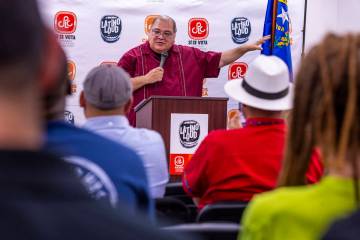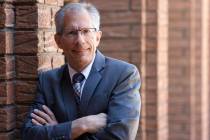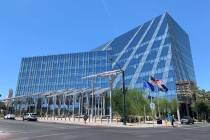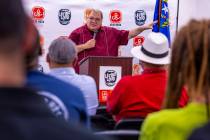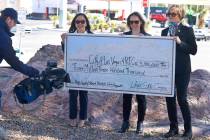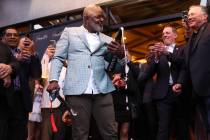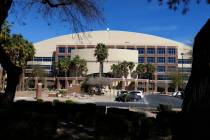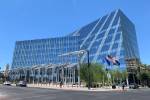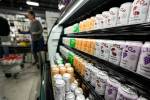Las Vegas could gain $25.2M in revenue from soda tax, report says
The city of Las Vegas could reap major benefits from a tax on sugary beverages, including about $25.2 million in annual revenue, according to a report published Wednesday.
The report by Harvard public health researchers and Healthy Food America, a nonprofit group that advocates against added sugars in foods, used computer modeling to project the impact of a tax of 1 cent per ounce on sugary soft drinks in 15 major cities with the ability to implement such taxes.
Such a tax would increase drink prices by an average of 16.3 percent, which researchers say would cause many consumers to “shift to water or other, less harmful drinks.”
In Las Vegas, such a tax could save $23.1 million in health care costs over 10 years, including triggering a 6 percent decline in diabetes cases and 4,678 fewer diagnoses of obesity, the researchers found by analyzing national trends and local data.
“The numbers are pretty staggering,” said Steven Gortmaker, a Harvard health sociology professor who helped conduct the research. “Give it 10 years and you’ll really see a substantial impact.”
In a statement responding to the report, the American Beverage Association criticized the modeling used to project the impact, saying it ignores the fact that obesity and diabetes have been going up as soda consumption has fallen nationwide.
The trade group also argued that taxing soft drinks doesn’t work, citing a similar 10 percent tax in Mexico that appears to have minimally impacted the population’s daily caloric intake, despite a roughly 6 percent average decrease in soda purchases in 2014, according to a January 2016 study in the scientific journal BMJ.
“The better … solution to the obesity challenge is for public health advocates, government and industry to work together on meaningful steps that improve the health of individuals and communities,” the ABA said.
Voters in three California cities — San Francisco, Oakland and Albany — approved ballot measures to tax soft drinks in November. That follows a similar tax implemented in nearby Berkeley, which passed the nation’s first “soda tax” in 2014. An October study by University of Califoria, Berkeley, researchers showed a 21 percent decline in sugary drink purchases in low-income neighborhoods since the implementation of the tax in 2015.
Southern Nevada Health District Chief Health Officer Dr. Joseph Iser said he hasn’t been approached recently by any lawmakers seeking to impose a soft drink tax.
But Iser added that he believed the authors of Wednesday’s report are “likely very accurate in their projections” and indicated he would support such a proposal if it would help to decrease diabetes and obesity rates in the area.
Contact Pashtana Usufzy at pusufzy@reviewjournal.com or 702-380-4563. Follow @pashtana_u on Twitter.



